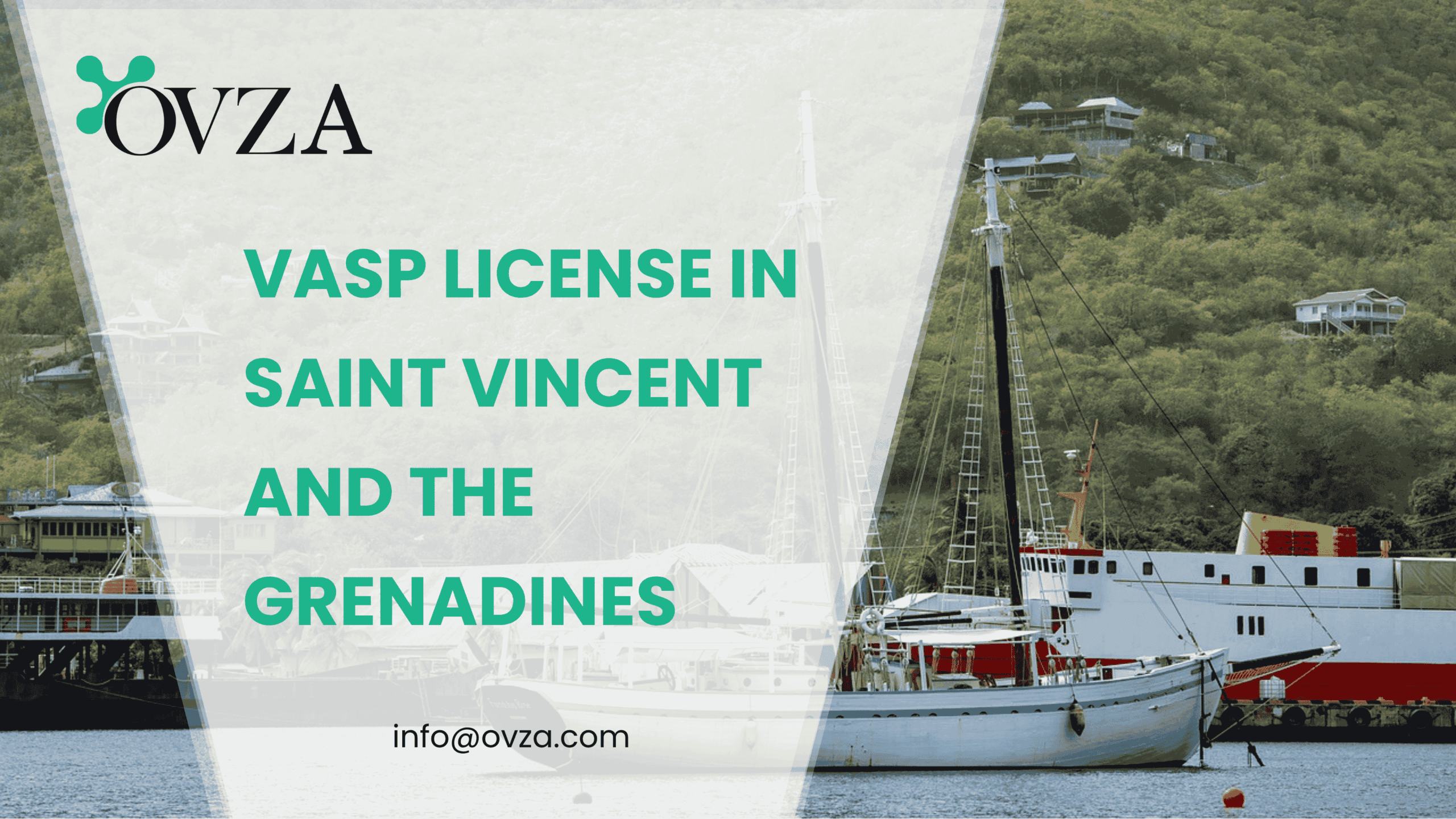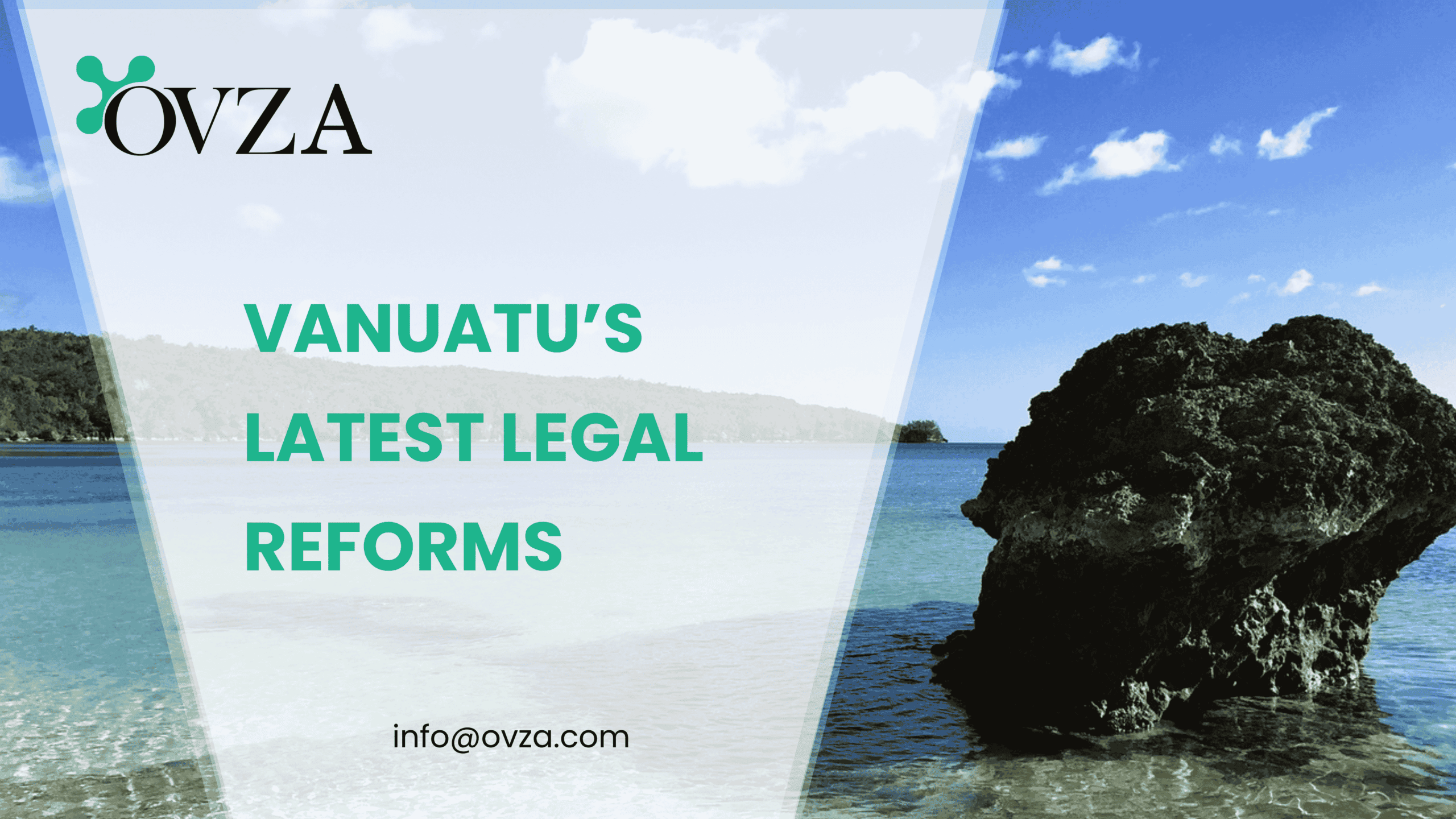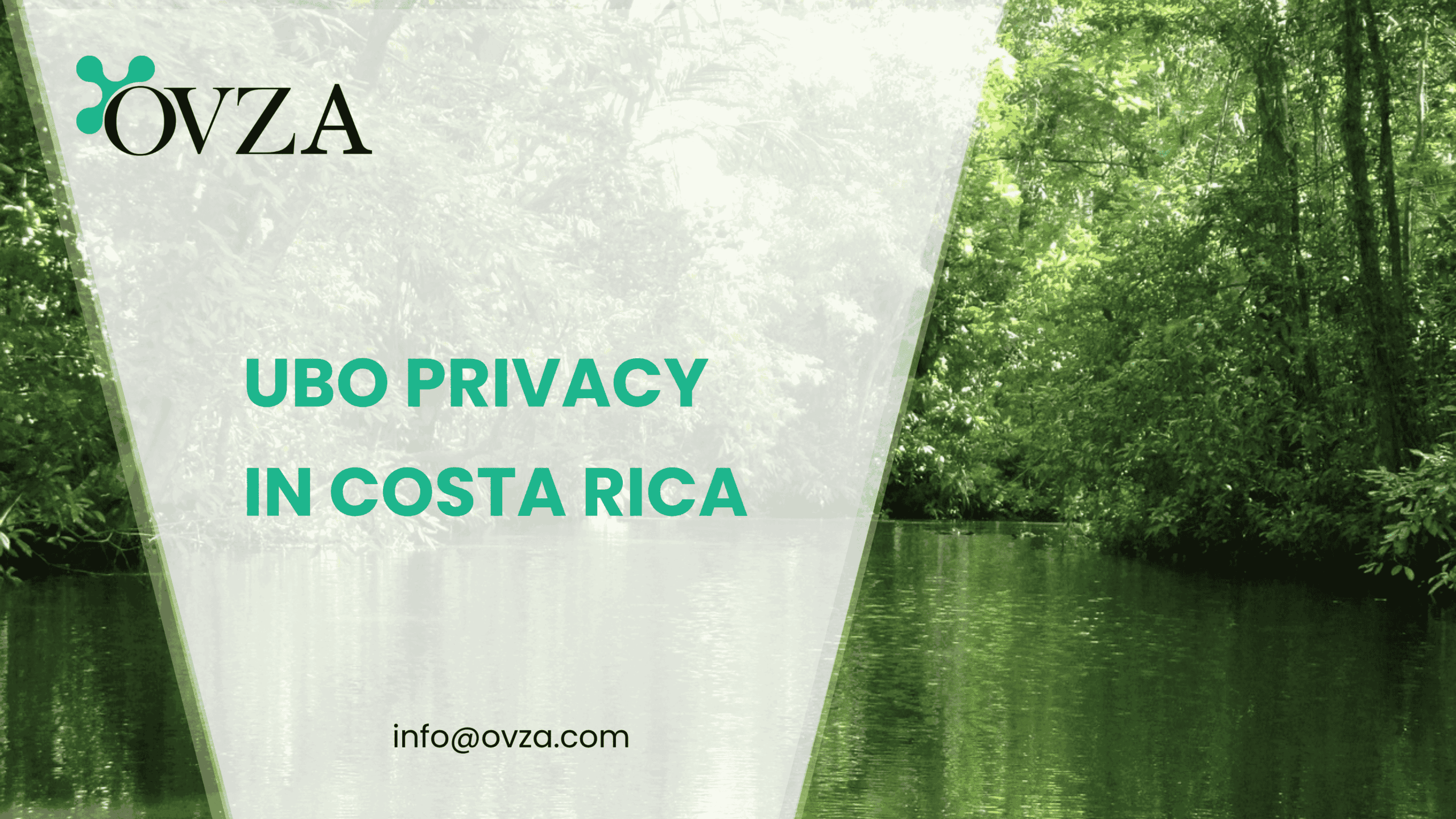Offshore shelf companies are pre-registered entities that have had no prior operations but have remained in good standing. In 2025, they continue to attract entrepreneurs, investors, and professionals looking for a fast-track route to international business structuring. But as compliance standards rise globally, the key question remains: Are offshore shelf companies worth it in 2025?
Once prized for the speed at which they enabled company acquisition and their perceived legitimacy due to incorporation age, shelf companies now exist in a regulatory landscape that is far more scrutinized. For some business models, an aged offshore company still offers real advantages. For others, especially those operating in regulated industries or under public scrutiny, they may create unnecessary complications or compliance risks.
This article explores whether offshore shelf companies remain a viable solution in 2025, and under what circumstances they add real value—especially in the context of international banking, reputation, and tax compliance.
What Is an Offshore Shelf Company?
An offshore shelf company is a business entity incorporated in a foreign jurisdiction that has remained dormant since formation. Typically created by legal or corporate service providers, these companies are kept in good legal standing (renewed annually) but carry no assets, liabilities, or operating history. The name “shelf” derives from the idea that the company has been sitting “on the shelf,” ready for acquisition at any time.
These entities are often marketed as time-saving tools. A buyer can acquire an offshore shelf company within 24–48 hours, skipping the administrative steps of name reservation, document preparation, and registration. For professionals needing to demonstrate business continuity or corporate longevity—particularly in negotiations, bidding processes, or financial disclosures—this can appear attractive.
Yet the question of whether offshore shelf companies are worth it in 2025 depends not just on perceived legitimacy but also on how these companies perform under modern due diligence, tax reporting, and financial compliance scrutiny.
Why Offshore Shelf Companies Are Rarely Worth It in 2025
Despite the convenience they appear to offer, most offshore shelf companies in 2025 present more drawbacks than advantages. In nearly all cases, a tailored incorporation—structured with clear ownership, proper compliance, and purpose-built documentation—is significantly more effective than acquiring a generic, pre-registered entity. Bespoke offshore company formation is not only safer, but it is the only approach that ensures legal and regulatory alignment with the client’s business model, banking objectives, and tax position.
The idea that an aged company conveys credibility or trust has largely faded in the modern regulatory environment. Banks, regulators, and corporate clients are no longer impressed by a company’s incorporation date if the entity has no genuine operating history or substance. Instead, they focus on beneficial ownership disclosures, real business activity, and compliance records. An offshore company that has sat dormant—even if technically in good standing—may trigger red flags during onboarding or financial scrutiny.
Worse, many shelf companies on the market have unclear past ownership, unreported beneficial interest changes, or incomplete internal resolutions. Individuals often acquire them without understanding the depth of legal due diligence required. Every shelf company—regardless of age—must be reviewed thoroughly: Were any nominee directors or shareholders appointed in the past? Were any bank accounts opened? Are there historical liabilities or pending filings with the registrar? These are legal questions most buyers fail to investigate properly before transferring ownership.
In 2025, jurisdictions have tightened their rules around ownership transfers, KYC, and anti-money laundering enforcement. Buying a shelf company without conducting comprehensive legal review and registrar-level verification could expose the new owner to reputational or regulatory risk—even if the entity was advertised as clean.
The reality is that properly setting up an offshore company—tailored to the client’s needs—takes less time than resolving the risks that come with acquiring a poorly understood shelf company. The value of customization, clarity, and full legal oversight far outweighs any perceived advantage of speed.
Are There Any Legitimate Uses for Shelf Companies in 2025?
While offshore shelf companies are generally discouraged, there are still a few niche scenarios where they may serve a limited strategic function—but only when purchased through reputable, licensed providers and under strict legal oversight.
In rare cases, clients may require an aged entity to meet minimum operating history requirements for government tenders, tenders in the oil and gas sector, or regulated procurement processes. Similarly, certain international banks or private investment offices may impose age thresholds when onboarding entities for specific products. Even then, the mere age of the company is never sufficient. These institutions demand full documentary proof of the company’s activities, source of funds, and beneficial ownership since incorporation. Any gaps in documentation can result in refusal, delays, or enhanced due diligence.
Even in these cases, professionals would be far better served by creating a purpose-built offshore company structure and developing it over time with proper governance and financial substance. Aged shelf companies with no operational records are unlikely to meet the legal thresholds of “continuity” or “substance” that regulators and counterparties expect in 2025.
Conclusion
In today’s legal and regulatory environment, offshore shelf companies are rarely worth it. They offer the illusion of convenience but often come with hidden liabilities, compliance gaps, and reputational risk. What matters in 2025 is not the age of the entity but the legitimacy of its structure, the clarity of its ownership, and its ongoing compliance record.
Rather than purchasing a dormant offshore entity with a questionable background, clients should opt for bespoke offshore company formation tailored to their business goals, jurisdictional preferences, and tax considerations. A properly structured offshore company, created from day one with full legal oversight, provides transparency, flexibility, and credibility—three things a shelf company cannot offer, regardless of its age.
At OVZA, we advise against shelf companies for most clients. Instead, we build compliant, custom offshore structures with clean records, bank-ready documentation, and long-term viability.
Disclaimer: The information provided on this website is intended for general reference and educational purposes only. While OVZA makes every effort to ensure accuracy and timeliness, the content should not be considered legal, financial, or tax advice.













